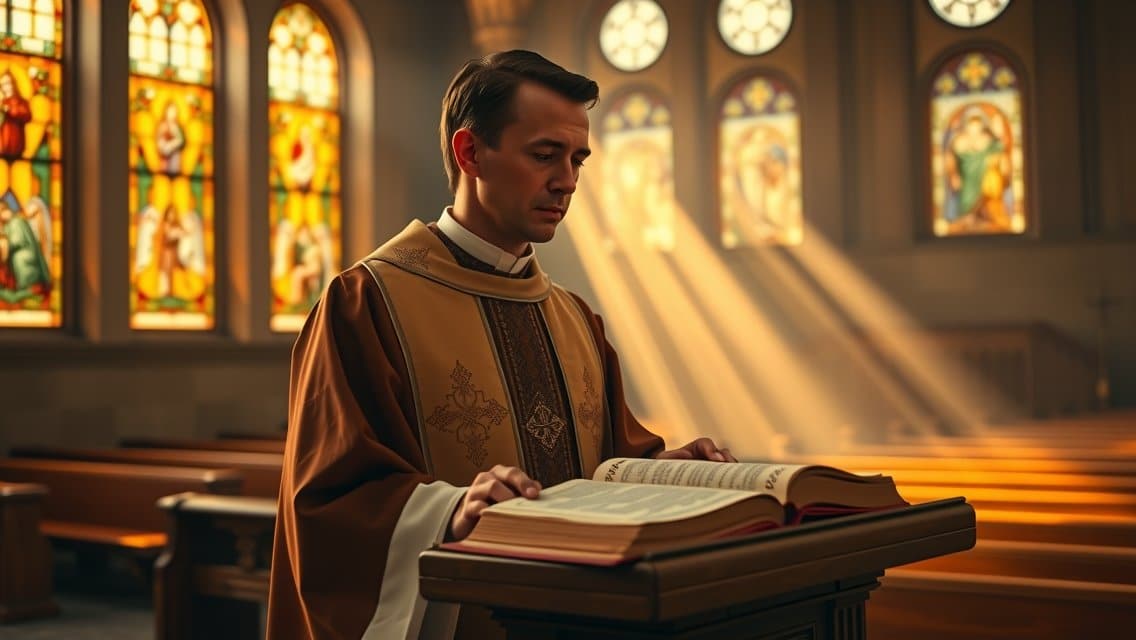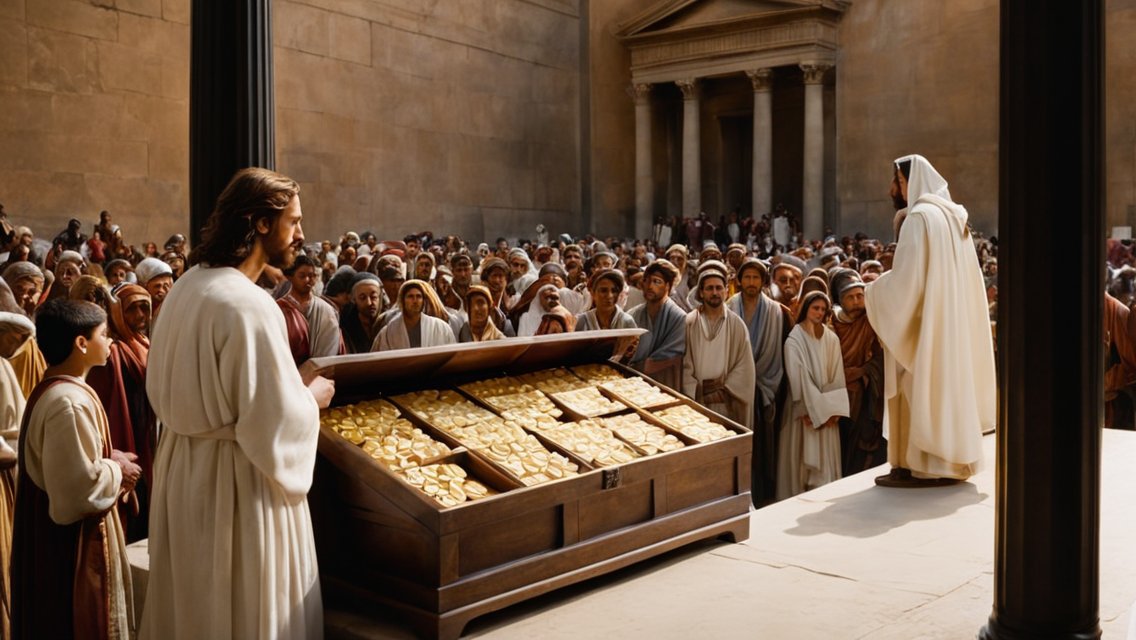Sixteenth Sunday Homily of the Ordinary Time – Year B
Readings:
Jer 23:1-6
Eph 2:13-l8
Mk 6:30-34
1st Reading – Jeremiah 23:1-6
1 Woe to the shepherds who mislead and scatter the flock of my pasture, says the LORD.
2 Therefore, thus says the LORD, the God of Israel, against the shepherds who shepherd my people: You have scattered my sheep and driven them away. You have not cared for them, but I will take care to punish your evil deeds.
3 I myself will gather the remnant of my flock from all the lands to which I have driven them and bring them back to their meadow; there they shall increase and multiply.

4 I will appoint shepherds for them who will shepherd them so that they need no longer fear and tremble; and none shall be missing, says the LORD.
5 Behold, the days are coming, says the LORD, when I will raise up a righteous shoot to David; as king he shall reign and govern wisely, he shall do what is just and right in the land.
6 In his days Judah shall be saved, Israel shall dwell in security. This is the name they give him: “The LORD our justice.”
Responsorial Psalm – Psalms 23:1-3, 3-4, 5, 6
R. (1) The Lord is my shepherd; there is nothing I shall want.
1 The LORD is my shepherd; I shall not want.
2 In verdant pastures he gives me repose;
beside restful waters he leads me;
3A he refreshes my soul.
R. The Lord is my shepherd; there is nothing I shall want.
3B He guides me in right paths
for his name’s sake.
4 Even though I walk in the dark valley
I fear no evil; for you are at my side
with your rod and your staff
that give me courage.
R. The Lord is my shepherd; there is nothing I shall want.
5 You spread the table before me
in the sight of my foes;
you anoint my head with oil;
my cup overflows.
R. The Lord is my shepherd; there is nothing I shall want.
6 Only goodness and kindness follow me
all the days of my life;
and I shall dwell in the house of the LORD
for years to come.
R. The Lord is my shepherd; there is nothing I shall want.
2nd Reading – Ephesians 2:13-18
13 Brothers and sisters: In Christ Jesus you who once were far off have become near by the blood of Christ.
14 For he is our peace, he who made both one and broke down the dividing wall of enmity, through his flesh,
15 abolishing the law with its commandments and legal claims, that he might create in himself one new person in place of the two, thus establishing peace,
16 and might reconcile both with God, in one body, through the cross, putting that enmity to death by it.
17 He came and preached peace to you who were far off and peace to those who were near,
18 for through him we both have access in one Spirit to the Father.
Alleluia – John 10:27
R. Alleluia, alleluia.
27 My sheep hear my voice, says the Lord;
I know them, and they follow me.
R. Alleluia, alleluia.
Homily
Shepherds Alone with God
“You must come away to some lonely place
all by yourselves and rest for a while” (Mk)
Four priests decided to make a 30-day retreat in perfect silence. After some days, one of them said, “I’m not sure whether I locked the safe in my parish.” The second priest shouted, “You fool! We wanted to keep silence for a whole month and now you’ve broken it?” The third priest said to the second, “You’re no better! You’ve broken it too!” Said the fourth, looking heavenwards, “Thank God I’m the only one who’s keeping silent!” Jesus tells his disciples in today’s gospel, “You must come away to some lonely place all by yourselves and rest for a while.”
I write this reflection at day after returning from Nagaland having conducted a retreat for 41 Jesuits of the Kohima Region. At GuWahati, I met Delhi’s Archbishop Vincent Concessao who was also returning after preaching a retreat for over 50 diocesan priests of the Imphal diocese. He said, “i was surprised at how silent the group was throughout the retreat.” l added, “I too was extremely edified to see my Jesuit companions make a retreat in perfect silence.” Priests, and church leaders, in general, often find it hard to take ‘time out’ for silence and prayer, retreat and reflection.
The gospel reading tells us that Jesus had compassion on his people “because they were like sheep without a shepherd.” The Hebrew word for ‘shepherd’ also means ‘to rule’. Thus, it was not uncommon to juxtapose the terms ‘shepherd’ and ‘ruler’ since both were expected to feed those entrusted to their care, providing for all their needs.
Jeremiah’s prophesy, written towards the end of the rule of king Zedekiah, just before the Babylonian captivity in 587 B.C., reflects over the reigns of Judah’s shepherds (kings) who have misgoverned their flocks (people). Together with the foretelling of doom, the passage ends with a promise of the Messiah “who will reign as true king and be wise.” While Jeremiah was thinking of a historical restoration of the Monarchy with a Davidic king after the Exile, the Christian community understands the passage as a fulfillment of Jesus Christ, the Good Shepherd.
In the psalm (23), we see three ‘functions’ of the Shepherd: first, God is portrayed as shepherd leading the flock to green pastures and restful waters; next, God is protector who dispels fear; third, God is host who feeds at a banquet. Note that these three functions are interpreted in the light of Jesus who leads (his followers), protects (the poor and needy) and feeds (the hungry with bread, as well as in the Eucharist).
The second reading highlights the core of Paul’s letter to the Ephesians: “You who have been apart from us have been brought very close.” The original reference is to the reconciliation of both, Jews and Gentiles, through Christ’s death. The reading also speaks of the ‘New Man’ created, so to say, with a ‘Trinitarian character’ as emphasized in the last line. We could say that we, who have been apart from God, now become a part of God through communion with Jesus.
Every shepherd – pastors, religious, church leaders, and y resting parents too – are called to become a part of Jesus by resting with Him and reflecting on Him. Jesus’ apostles were so deeply to eat.” Thus, involved in ministry that “they had no time even like a shepherd leading his flock to restful waters, Jesus leads them to a lonely place – for rest, reflection and re-creation. He desires that they replenish their resources to bear more fruit.
Many shepherds – Mother Teresa, Martin Luther King, Mahatma Gandhi – spent many hours in silence before the start of their daily work. Let’s pray with Tagore: “Lord, I ask for a moment’s indulgence to sit by thy side. The works that l have in hand I will finish afterwards. Now it is time to sit quiet, face to face with Thee, and to sing dedication of life in this silent and overflowing leisure.”





